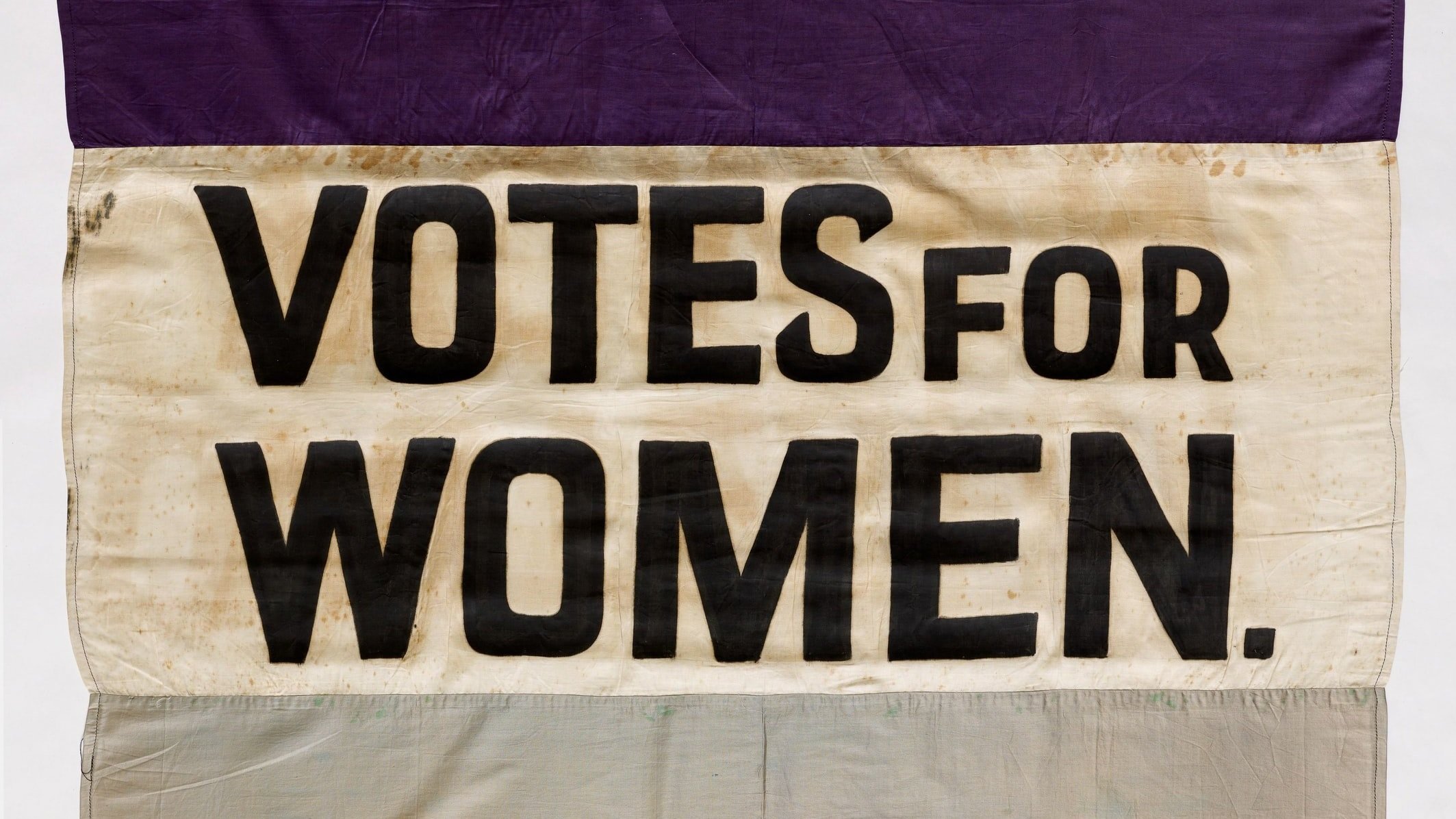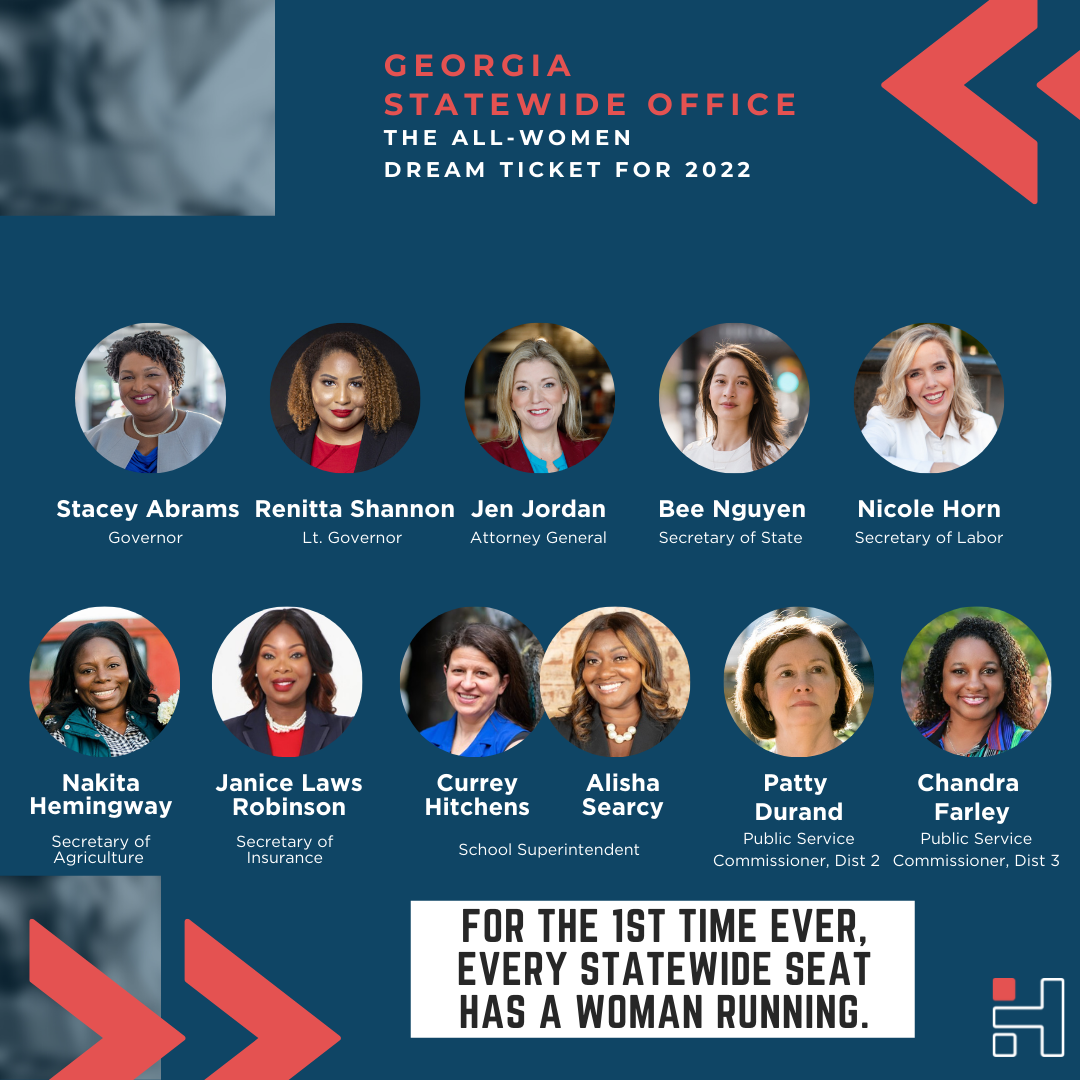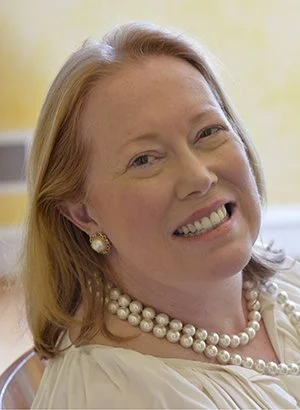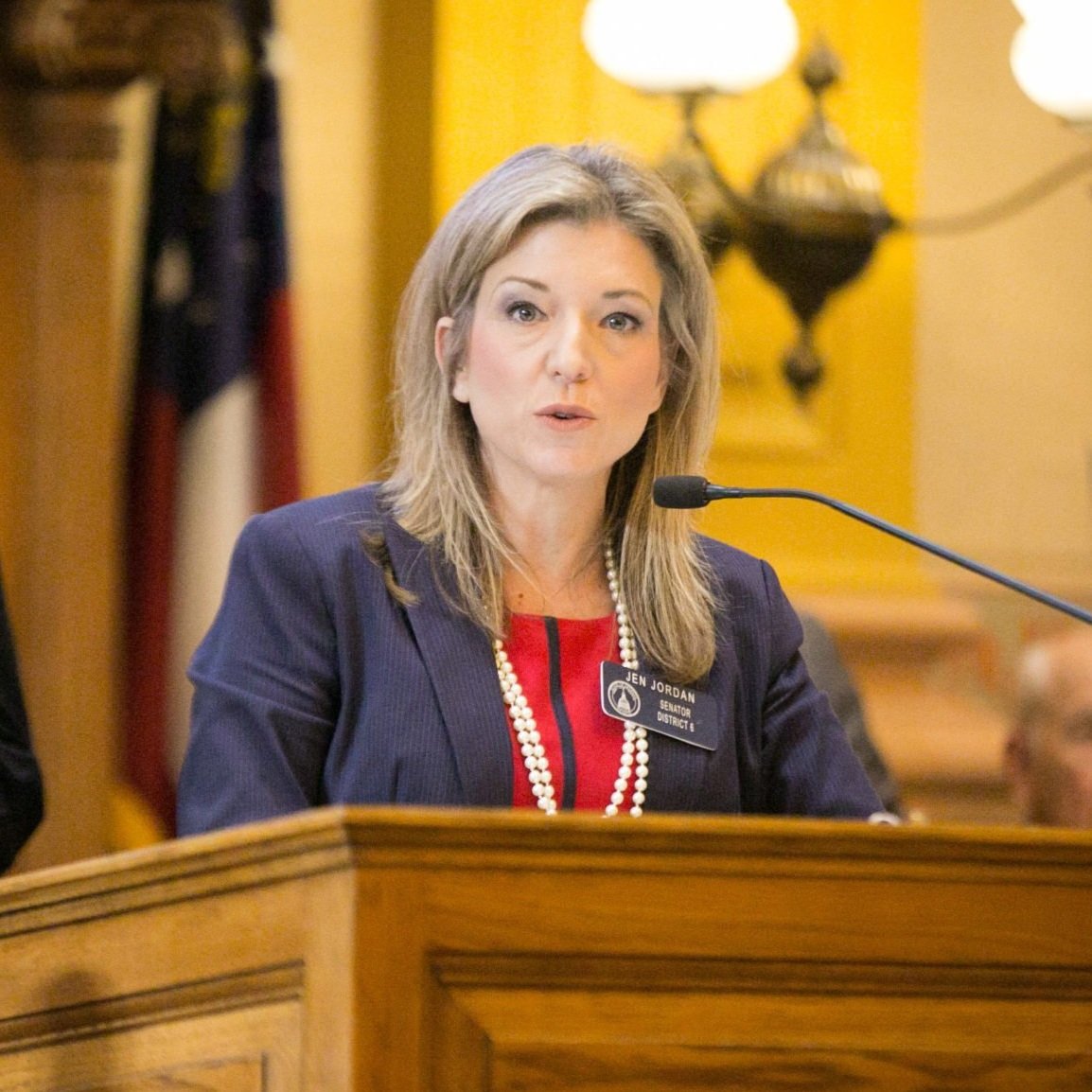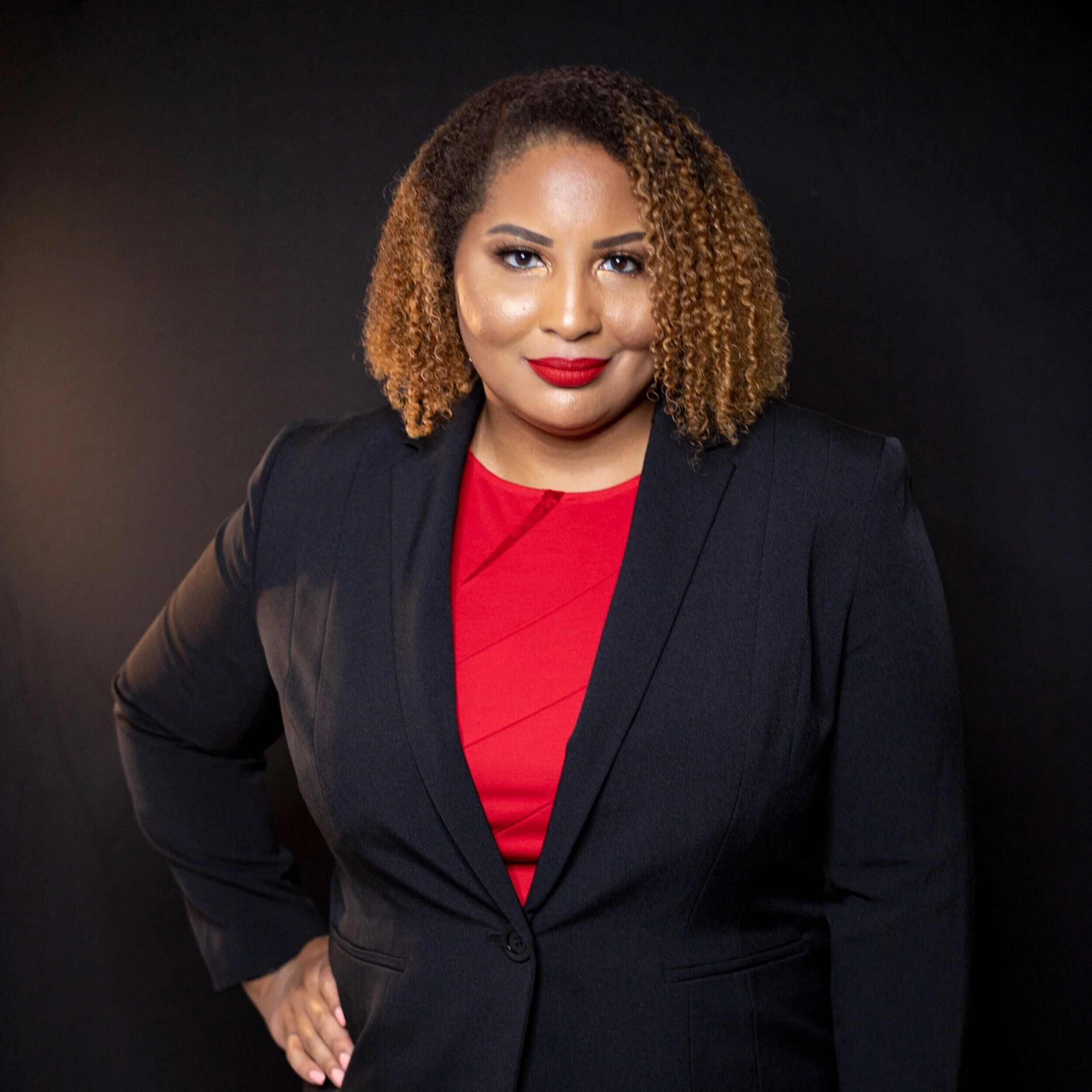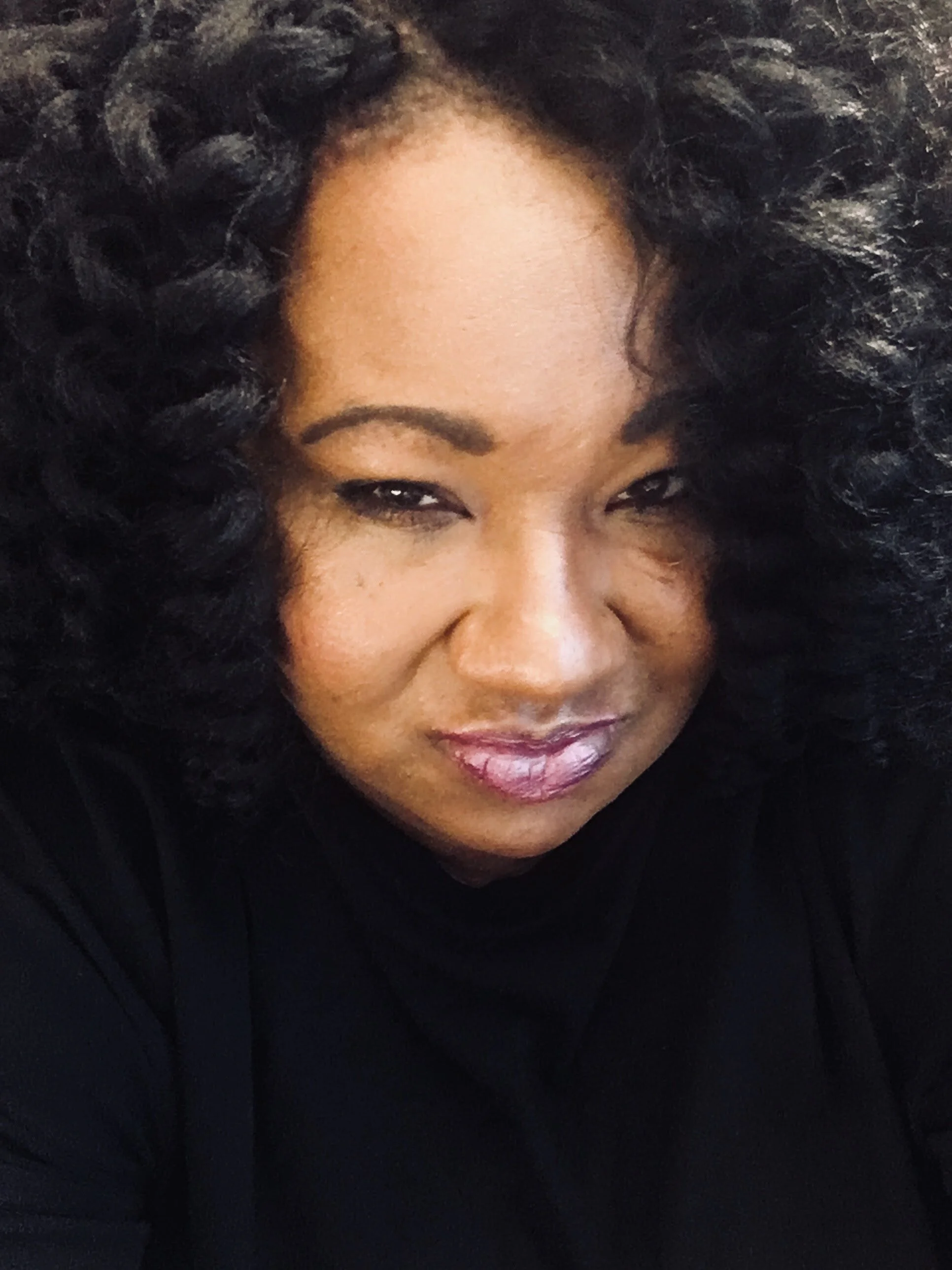Early voting has started for Georgia’s election primaries on May 24th, and the 2022 campaign season is making history. Ten state executive offices are up for election this year, from governor to two public service commissioners, and for the first time ever, a woman is running for every available seat. In some cases, more than one woman is vying for the office.
Suffragette Banner - Votes For Women, 1910-1920 from Birmingham Museums Trust via unsplash
Aside from governor, each woman needs to win her primary to make it to the midterm election in November. (Stacey Abrams is the sole candidate in the Democratic gubernatorial primary.) With women on the brink of losing control over their own bodies, it’s more important than ever to elect people who will stand up for us and enact policies based on basic human rights for everyone—including women. That isn’t to say there aren’t men we can count on, but imagine the possibilities if women win every primary, and the Democrats send a completely female slate to the ballot box.
As Hillary Clinton once said: “Women’s rights are human rights.”
A history of women lacking representation in Georgia legislature.
Jina Sanone, Founder of Her Term
This year, 219 women qualified to run in the state’s congressional, legislative and executive races—up from 165 in 2018. That represents an increase of nearly 33 percent. By contrast, 435 men qualified—up from 364 in 2018, an increase of less than 20 percent. Currently, Georgia has 80 women versus 156 men serving in the Statehouse and four women versus 12 men in Congress. At the statewide executive level, only one woman holds office—as one of the five public service commissioners.
“More women are stepping up to run and qualify for every state office this year, and if even half of them win the primary, that will be pretty different from the past,” says Jina Sanone, founder and president of Her Term, a Georgia-based organization created to recruit progressive women to run for office at the state level. “It’s not as unexpected as it used to be. It has become more normal having women represent us in Congress. And we have Stacey Abrams at the top of the ticket.”
It was exactly 100 years ago this November when Georgia elected its first two women to the state House of Representatives, only two years after the 19th Amendment granted women the right to vote. Since then, however, Georgia has continued a long legacy of not making room for women and minorities in politics:
Statewide Offices
When Her Term started in 2017, 68 women won legislative seats, representing 25 percent of the General Assembly—in a state where women made up more than 52 percent of the population.
Federal Offices
No woman from the state has ever been elected to the U.S. Senate.
Democrat Rebecca Latimer Felton was appointed to the Senate in 1922 but served for just one day.
Gov. Brian Kemp appointed Republican Kelly Loeffler in December 2019 to fill the seat being vacated by Johnny Isakson. Loeffler lost her bid to finish the term in a runoff with Democratic Sen. Raphael Warnock in January 2021.
Only three women from Georgia (all Democrats) served at least one full term in the U.S. House of Representatives between 1955 and 2004. (Georgia sent two others—both Democrats—to Washington in the 1940s; each one only served a partial term.)
In 2017, conservative Republican Karen Handel won a special election to represent the 6th Congressional District. Handel lost her seat to Rep. Lucy McBath, a Democrat, in the 2018 midterms during President Donald Trump’s administration.
Two years later, Georgians elected three more women to the House: Democrats Carolyn Bordeaux (7th) and Nikema Williams (5th) and Republican Marjorie Taylor Greene (14th).
Melita Easters, Executive Director of GA WIN List
Having more role models as well as more support from organizations like Her Term helps women see the possibilities and encourages them, Sanone says. Melita Easters, executive director of Georgia WIN List, agrees.
“I think success breeds success,” says Easters. “If you go back to 2018, the first set of legislative races after Hillary Clinton lost, you had unprecedented numbers of women running, and many won. Women saw women winning and started thinking of themselves as doing the same. In 2020, four legislative seats flipped—all by women. Plus, several high-profile women won seats held by a man or beat a man to win a seat.”
At the same time, Republican policies are making women mad enough to run, she says—policies like the abortion ban after six weeks, the failure to expand Medicaid, laws targeting transgender athletes, and so forth. Easters believes it’s up to us to do something.
“When you don’t like the laws, you have to change the lawmakers.”
Womens’ issues create urgency in this election.
The apparent decision by the U.S. Supreme Court to strike down Roe v. Wade, a draft of which leaked to the public on May 2, 2022, is sure to play a big part in the election this year. For pro-choice voters, the stakes are high. Political pundits predict a surge of women to the polls in November.
“The Supreme Court’s decision isn’t just about women or reproductive freedom,” says Georgia state Sen. Jen Jordan, a Democratic candidate for state attorney general. “It’s about restricting freedom for every American—the freedom to access contraception or to marry who you love—freedoms that are based on the same constitutional foundation as Roe v. Wade.”
State Senator Jen Jordan, who is running for Attorney General
In March 2019, Jordan received national attention for her impassioned speech in opposition to H.B. 481, Georgia’s six-week abortion ban, which Kemp signed into law two months later. In July 2020, the bill—also known as the “heartbeat bill”— was ruled unconstitutional. The state appealed the decision, with Georgia’s current attorney general, Chris Carr, defending the bill in federal court. But in September 2021, the 11th Circuit Court of Appeals decided to wait on the law’s constitutionality until the Supreme Court issues its final decision in Dobbs v. Jackson Women’s Health Organization, the case involving the Mississippi abortion ban. Carr signed an amicus (or friend of the court) brief, written by the Texas attorney general and signed by 17 other Republican attorneys general, urging the overturning of Roe v. Wade.
“If this decision holds, Georgia is the next battleground for reproductive freedom, and we need an attorney general who will fight for our right to choose,” Jordan says. “That’s why I’m running.”
To many Republicans in the state, the six-week ban doesn’t go far enough. They would like Georgia to have the strongest law in the country and have talked about calling for a special legislative session to ban all abortions. All four GOP candidates for lieutenant governor support a complete ban on the procedure, which Democrats vow to fight.
State Representative Renitta Shannon, who is running for Lt. Governor
“Abortion rights should never have been left up to the courts,” said state Rep. Renitta Shannon, who is running against an all-male slate of eight other candidates in the Democratic primary for lieutenant governor. “I have consistently fought attacks on reproductive freedom and have never underestimated the threat from Republicans on this issue. It’s the reason I put my body on the line to try to stop Georgia from passing a bill to outlaw abortion in 2019. Abortion is healthcare, and access to care is lifesaving. That’s not debatable. This should be a wake up call to Democrats.”
Shannon has a broader message for the U.S. Senate: “We must abolish the filibuster now and pass legislation to codify full reproductive freedom, which includes the right to abortion.”
A diverse group of Democratic women faces significant election challenges against Republicans.
The prospect of having women running for every seat in Georgia excites many, especially those who have been fighting for equal rights and representation for many years. Women continue to make up more than 52 percent of the state population, yet they represent only 34 percent of the G.A., ranking it 20th in the country—a vast improvement over previous years. At No. 1, Nevada is the only state with a majority of women in the legislature—about 60 percent. West Virginia’s Statehouse, by contrast, is only about 12 percent women.
Kimberlyn Carter, Executive Director of Represent Georgia
“This is an incredible ballot with so many historic opportunities for women, specifically Black women and other women of color,” says Kimberlyn Carter, executive director of RepGA, a nonpartisan group that recruits, trains and develops progressive candidates across the state. “It is historic from many vantage points—not just for women in general but for women of color and women who have a sexual orientation that is not heterosexual. We have many reasons to be exceptionally proud as the nation looks to us as a change-making state.”
Still, women have a tough hill to climb in Georgia, Carter says, and she expects the campaign ahead to be “toxic” following last year’s municipal elections. “That was our ‘courage-to-run’ cohort, with the insurrection, the political climate, the voter suppression laws. In the class of 2022, most of the people who have signed up to run are in this ‘fight-back’ mode—against authoritarianism, bodily assaults on women, the anti-critical race theory movement and those who are anti-Black and anti-immigrant. That’s really important not just for gender but for marginalized people who aren’t white, Christian and male.
“There are a great number of Muslims on this ballot, and three of them are women,” she continued. “When you see that happening—young Muslim women running for office in the deep South—that’s exciting. We cannot sit in despair thinking the other side is winning when we see more people from diverse backgrounds like this running for office. We have to support these fantastic women down ballot who are showing up and fighting back against this craziness.”
Maintaining momentum—and numbers—in the race for the midterms
Of the 33 states that had filed as of mid-March, the number of women running for statewide executive and federal seats increased by 19 percent, or 105 women, overall since 2020. But most of that comes from Republicans. While Democrats saw an increase of 2 percent, or seven women, Republicans rose by 46 percent, or 96 women. The overall number of women running in 2022 fell in nine states, with Democratic numbers decreasing in 15 states and Republican numbers going down in only nine states.
Han Pham, Executive Director of Her Term
“Democratic women haven't really made gains in participation this year in those 33 states, but the Republican women have increased significantly, nearing parity with the number of Democratic women running for higher office nationally,” says Han Pham, executive director of Her Term. “In 2020, Democratic women outnumbered Republican women nearly two to one in those same races. This is in line with what I’ve been hearing from other national organizations: Overall Democratic engagement is down this year compared to the past two cycles.”
Much of that is due to the normal phenomenon of the party in power seeing less engagement during the runup to the midterms. At the same time, according to some political leaders, much is going wrong this year.
“We haven't been able to pass the laws we wanted,” says Pham. “Along with that, some of the hope that things would change with the new administration, which is what drove record numbers of Democratic women to run in 2018 and 2020, has dwindled. Added to that, Democratic women are increasingly being maligned and harassed online. Our roundtable discussion recently laid bare just how difficult it is to put yourself out there.”
The story is slightly different in Georgia. The resilience of Georgian women, shown through the record number qualifying this year, follows a steady trend. In the Georgia state legislature, Pham’s research shows the number of women serving has increased during each legislative session since 1964, with the 2021-2022 session seeing the most women. Easters believes November will see the number rising again.
“I think we have some really strong women in primary races as well as really strong women we know will be running in November,” she says, adding some races have no men at all on the ballot. “I think we’re going to be very happy with the results.”
That may be. But as close as we are to having an all-women slate in 2022, it can happen only if we each do our part. So if you haven’t gotten to the polls yet, make a plan and go.
Early voting has started, and the last day to vote is Tuesday, May 24, 2022. For details about early voting locations and hours, visit www.peachvote.com. You can also find information and see a sample ballot with candidates’ names at My voter page.
Read more about the candidates Her Term supports.

